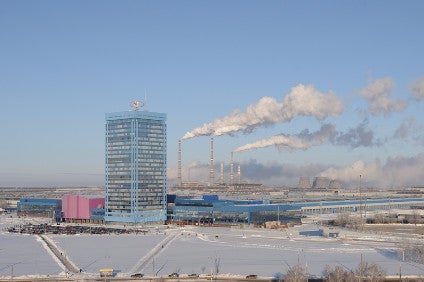
Avtovaz Renault Nissan Purchasing Organisation (ARNPO) says it is looking to increase the value of its exports to a potential EUR200m (US$240m) by 2020.
The scale of ARNPO’s power in Russia can be gauged by the fact it is the largest purchasing company in the country covering 36% of the market and responsible for supplying all Alliance brands.

Discover B2B Marketing That Performs
Combine business intelligence and editorial excellence to reach engaged professionals across 36 leading media platforms.
The organisation is keen to promote export opportunities for Russian suppliers, but that comes with exacting conditions such component manufacturers confirming to the Alliance Supplier Evaluation Standard (ASES).
“We all know Decree 166 and Decree 566 [mandated localisation] and new Decrees will include tough requirements for localisation and we support this,” said ARNPO alliance localisation director, Denis Chirkov at the recent Russian Automotive Forum organised by Adam Smith Conferences in Moscow.
“In 2016 we started with EUR40m [export], in 2017 we had turnover of EUR100m and by 2020 we want to achieve EUR175m to EUR200m. We are exporting to ten countries and there are already 40 suppliers who are doing this.
“We would like to use synergies within the Alliance and want to continue this competitive level. We are fully integrated into the Renault-Nissan purchasing organisation [and] offer global growth and export opportunities for the best Russian suppliers.
“We are building our capacity and we expect our suppliers to help that. We expect all suppliers’ divisions to support us. What do we expect from our existing suppliers? The first thing is robust quality – next unconditional performance [while] shortages should be equal to zero. Next, cost reduction and finally boost localisation: Tier 1 should be 80%, Tier N should be 50%.”
“The supplier can expect from us: new business within the Alliance; volume increases; export opportunities and long-term contracts.”
The purchasing director added the Alliance was also looking to localise engine and transmission production in Russia and is seeking government support to develop local suppliers
It is also inviting global suppliers to create joint ventures with Russia having competitive labour costs.
Russia’s automotive fortunes have seen a considerable up-tick for the past year after 48 months of collapsing sales, with heavy pent-up demand and a generous government incentive package considerably stimulating the market.






